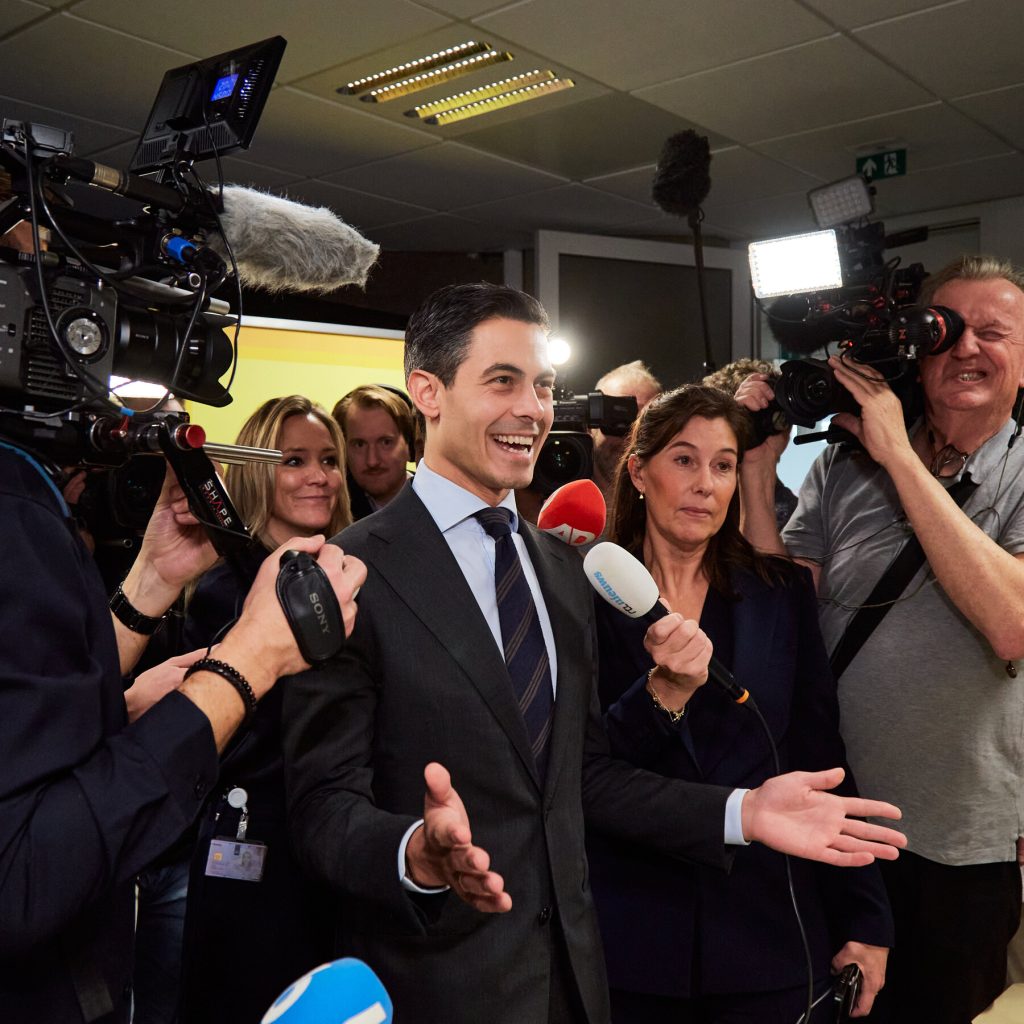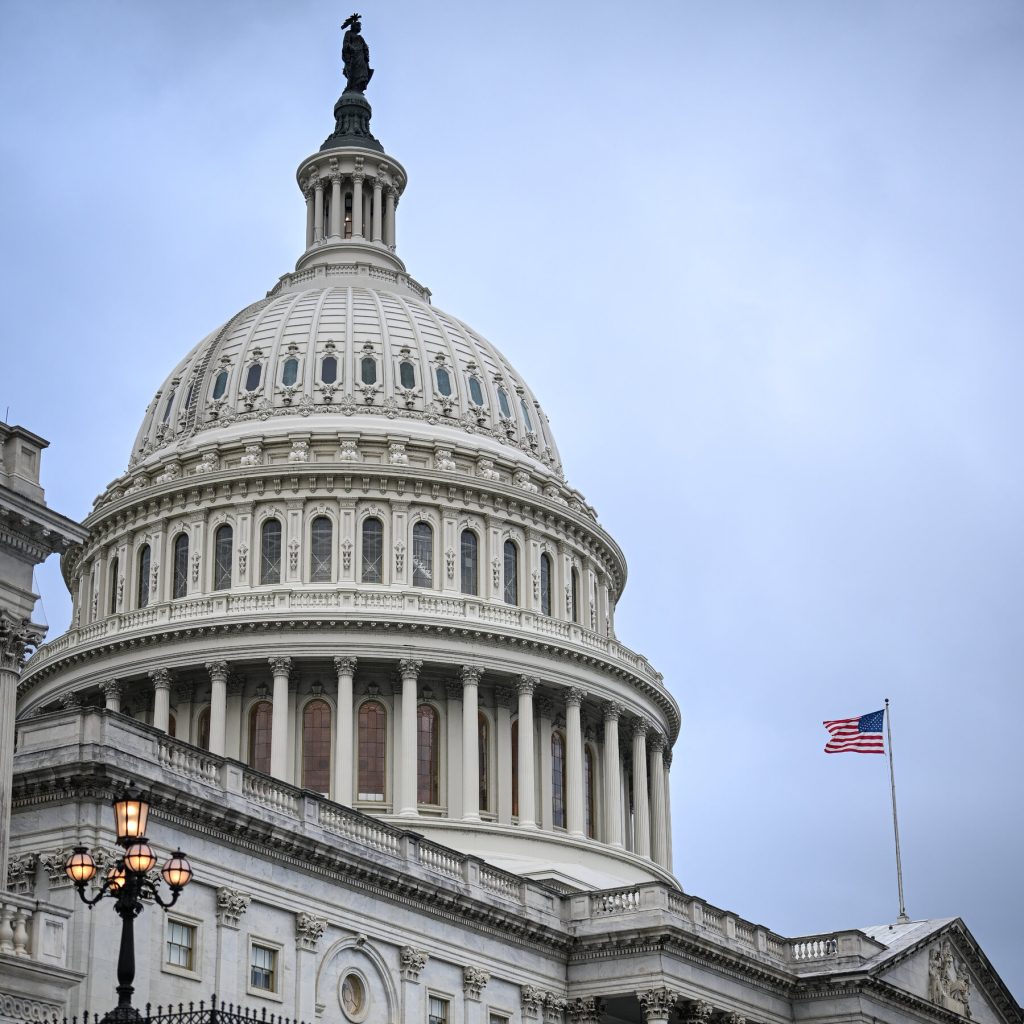Trump Wades Into Bailout Politics in Offering a Lifeline to Argentina

In a move that has sparked controversy, the Trump administration is considering a $20 billion bailout for Argentina, a country notorious for its economic instability and debt woes. The decision has drawn sharp criticism from American farmers and lawmakers, who argue that it is unfair to provide financial support to a foreign government while neglecting the needs of US citizens.
Treasury Secretary Steven Mnuchin (referred to as Scott Bessent in the original text, but corrected to reflect likely typo) had previously stated that if New York City required a federal bailout under the leadership of mayoral candidate Zohran Mamdani, the Trump administration would reject the request outright, responding with a simple “drop dead.” However, the administration appears to be taking a different approach with Argentina, which has been struggling with a faltering economy and high inflation.
The bailout is seen as an attempt to bolster the fortunes of Argentine President Javier Milei, whom President Trump views as a kindred political spirit. Mr. Milei, a self-described radical libertarian, was one of only two world leaders to attend Mr. Trump’s inauguration. By providing economic support to Argentina, the Trump administration is wading into the complex politics of bailouts, a move that Republicans have traditionally opposed.
The decision has been met with frustration from American agriculture groups, whose members have been hurt by Mr. Trump’s trade war with China. China had previously stopped buying American agricultural products, such as soybeans, and instead turned to Brazil and Argentina, where they are now less expensive due to China’s retaliatory tariffs. The American Soybean Association has expressed “overwhelming” frustration, arguing that the bailout for Argentina, which is undercutting US soybean exports, feels unfair.
Top Democrats have also rebuked the Argentina bailout, accusing Mr. Trump of cronyism. Senator Elizabeth Warren of Massachusetts, the top Democrat on the Senate Banking Committee, wrote to Mr. Mnuchin (again, referred to as Scott Bessent) expressing concern that the administration is planning to use emergency funds to support a foreign government while neglecting the needs of American citizens.
The mechanics of the bailout, which is still being negotiated with Argentine counterparts, remain unclear. Analysts have raised concerns about the risks to American taxpayers, given Argentina’s history of defaulting on its debts. The country has had to turn to the International Monetary Fund (IMF) repeatedly for help and is considered a perpetual defaulter.
“It’s hard to make a strong economic case at the moment for offering the sort of unconditional support that the Trump administration seems to be envisioning for Argentina,” said Eswar Prasad, a professor at Cornell University who previously served as a senior official at the IMF. “What is even more striking is that the Trump administration seems willing to put American money at risk in the bailout it is considering for Argentina.”
The US bailout is seen as a temporary fix, and many investors expect it to only stabilize Argentina’s financial markets in the short term. The country’s history of being unable to repay its debts makes the lifeline more risky, according to Brad Setser, a senior fellow at the Council on Foreign Relations.
“This is very different from Mexico,” said Lawrence H. Summers, who served as Treasury secretary under President Bill Clinton. “There’s no 2,000-mile border, no major systemic risk, and Argentina has pre-existing debts, including to the IMF.”
Treasury Secretary Mnuchin (again referred to as Scott Bessent) pushed back on criticism of the support for Argentina, arguing that the country’s economic woes are a result of failed leftist policies. However, the controversy surrounding the bailout is likely to continue, with many questioning the wisdom of providing financial support to a foreign government while American citizens face economic challenges at home.




